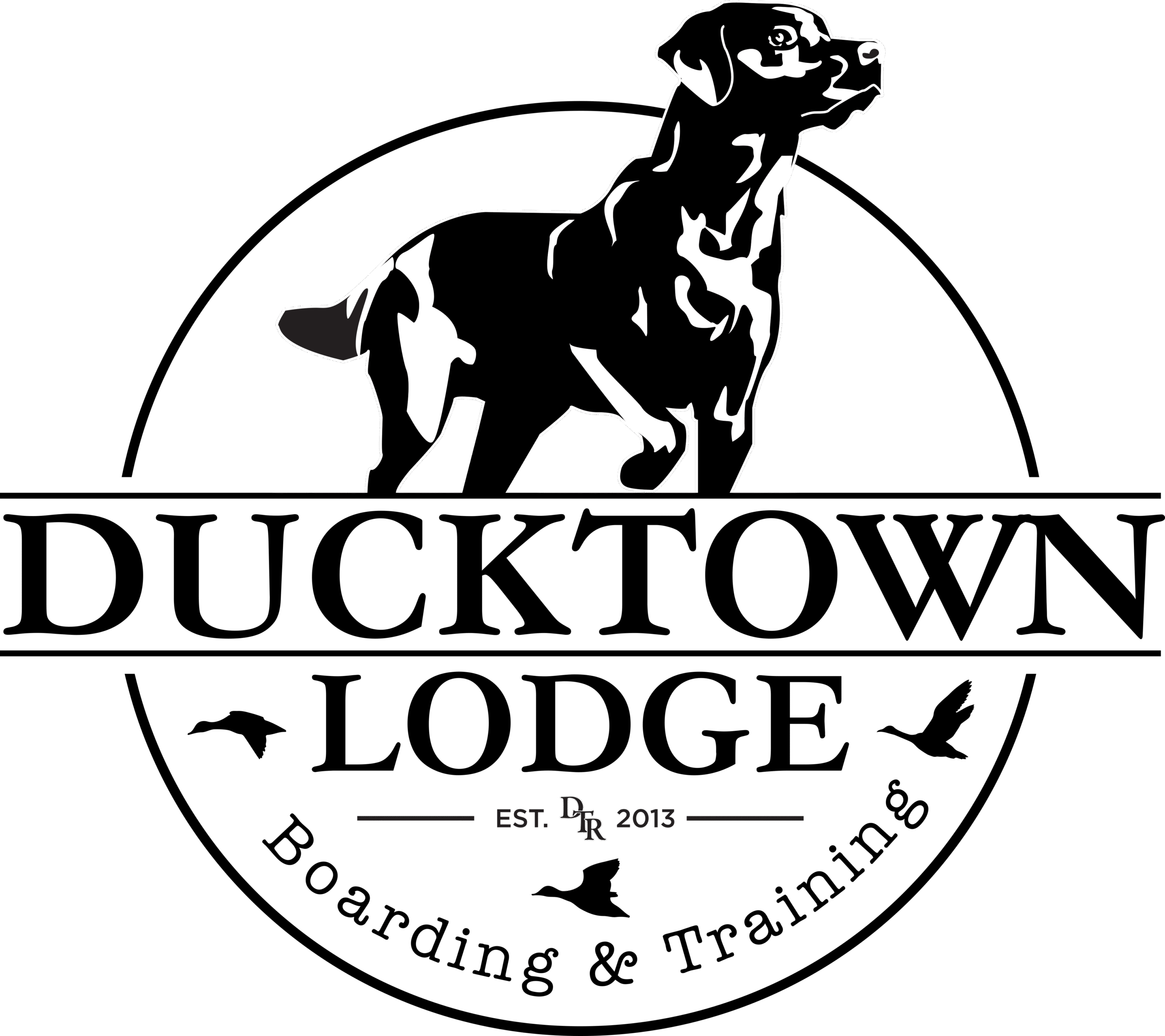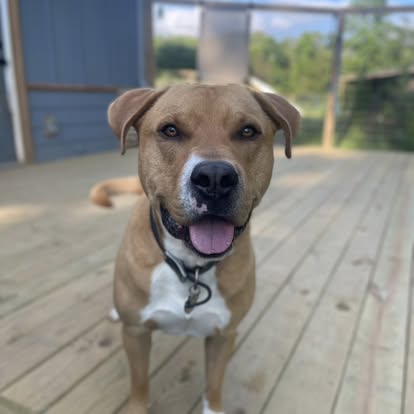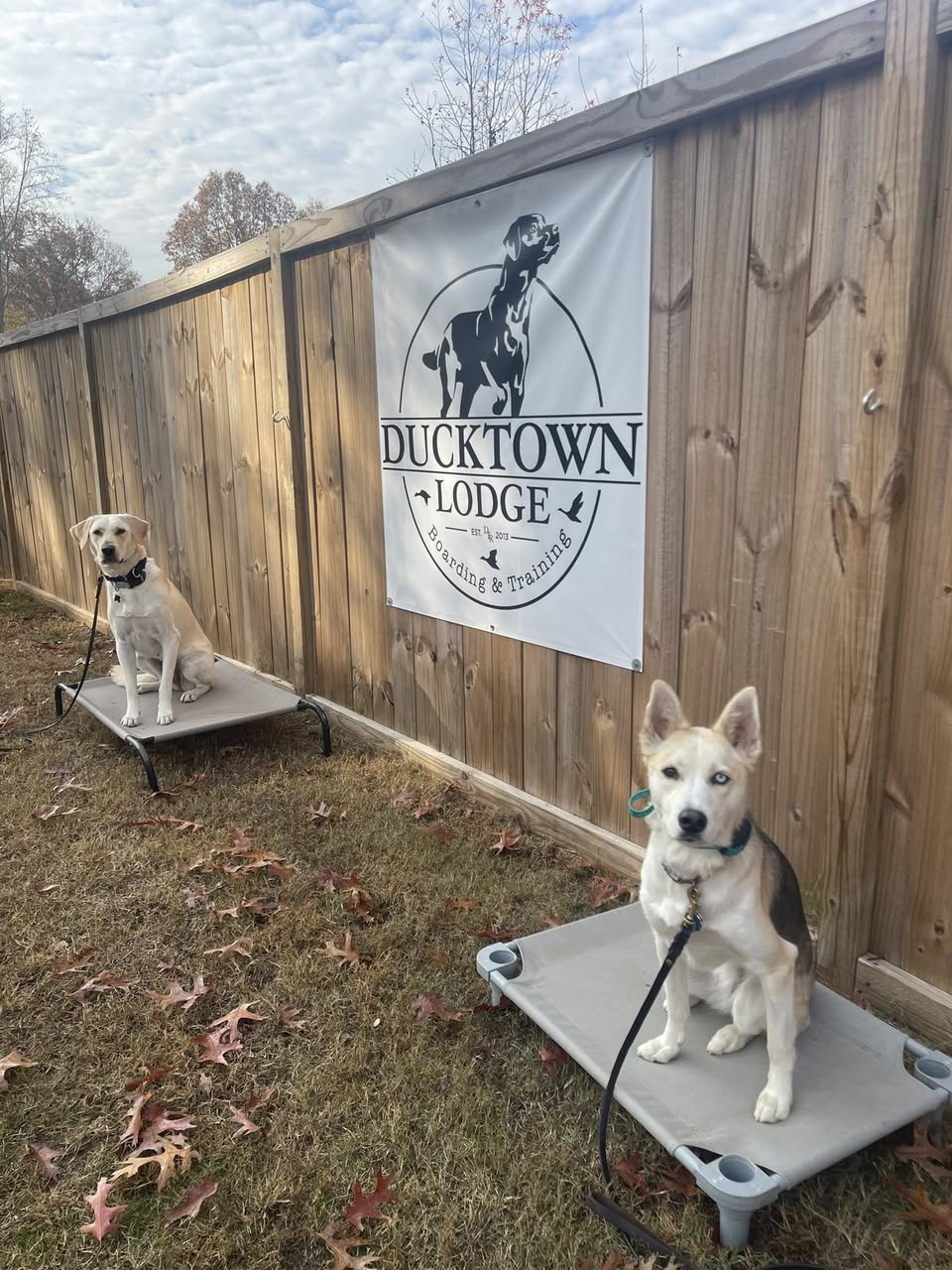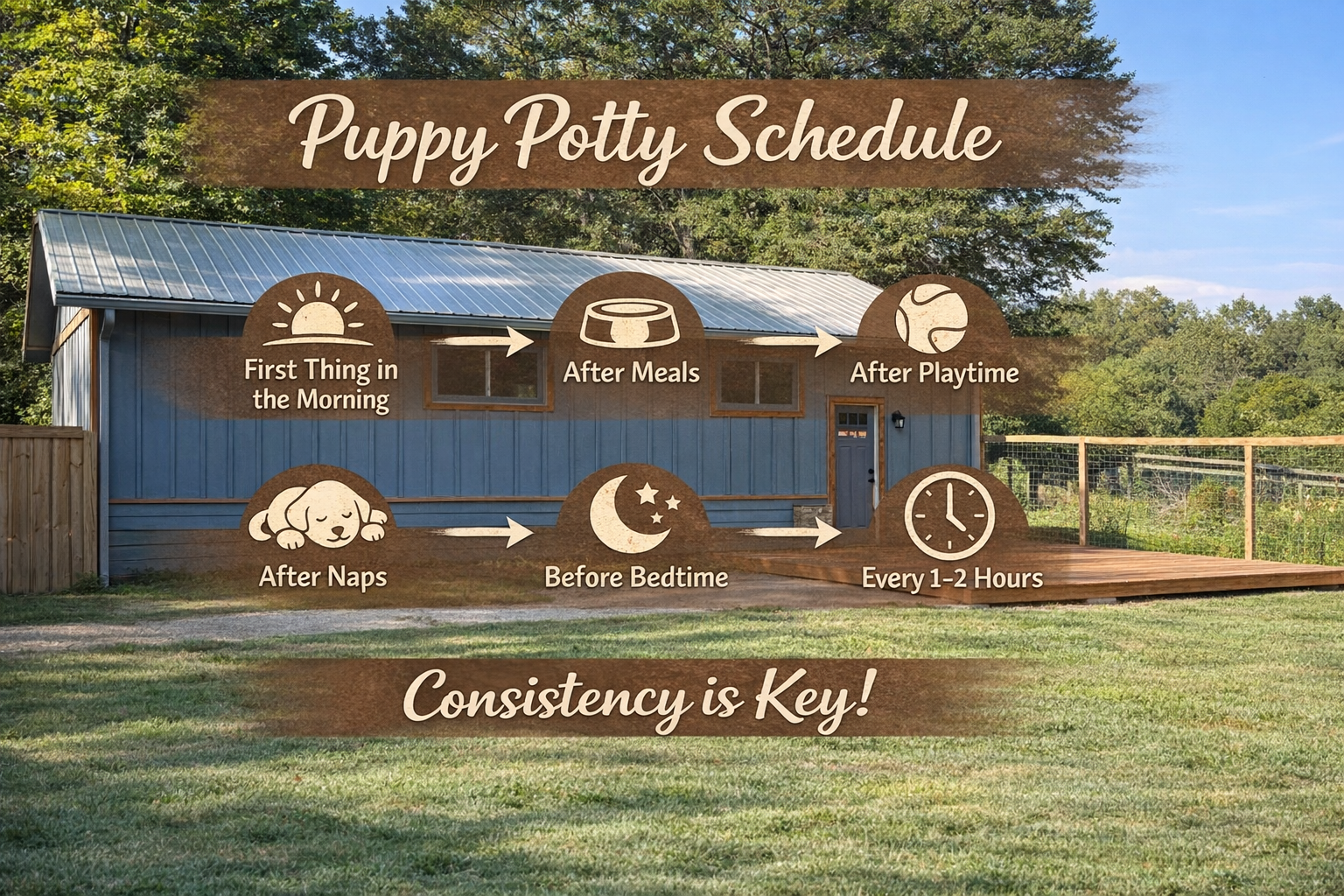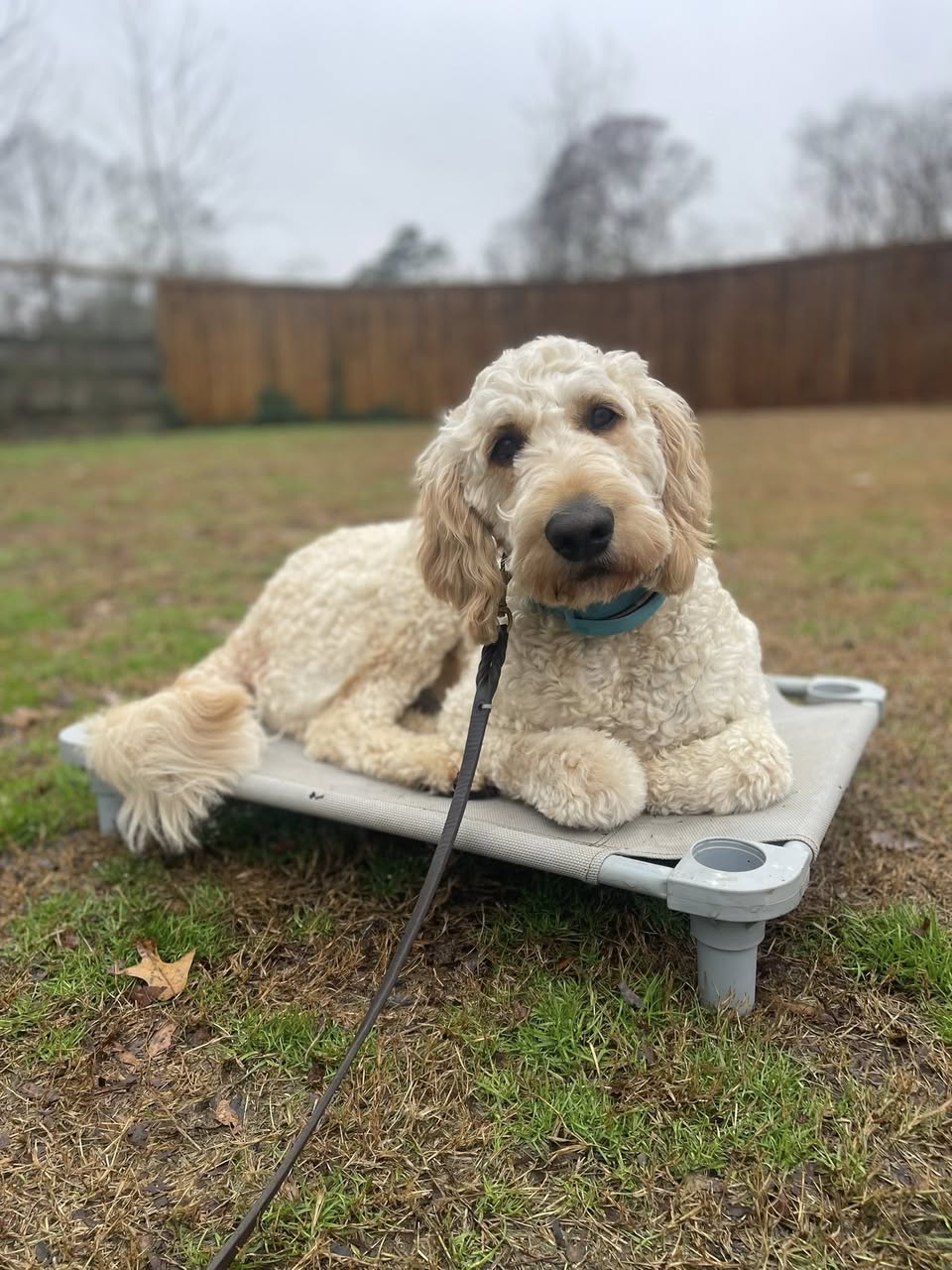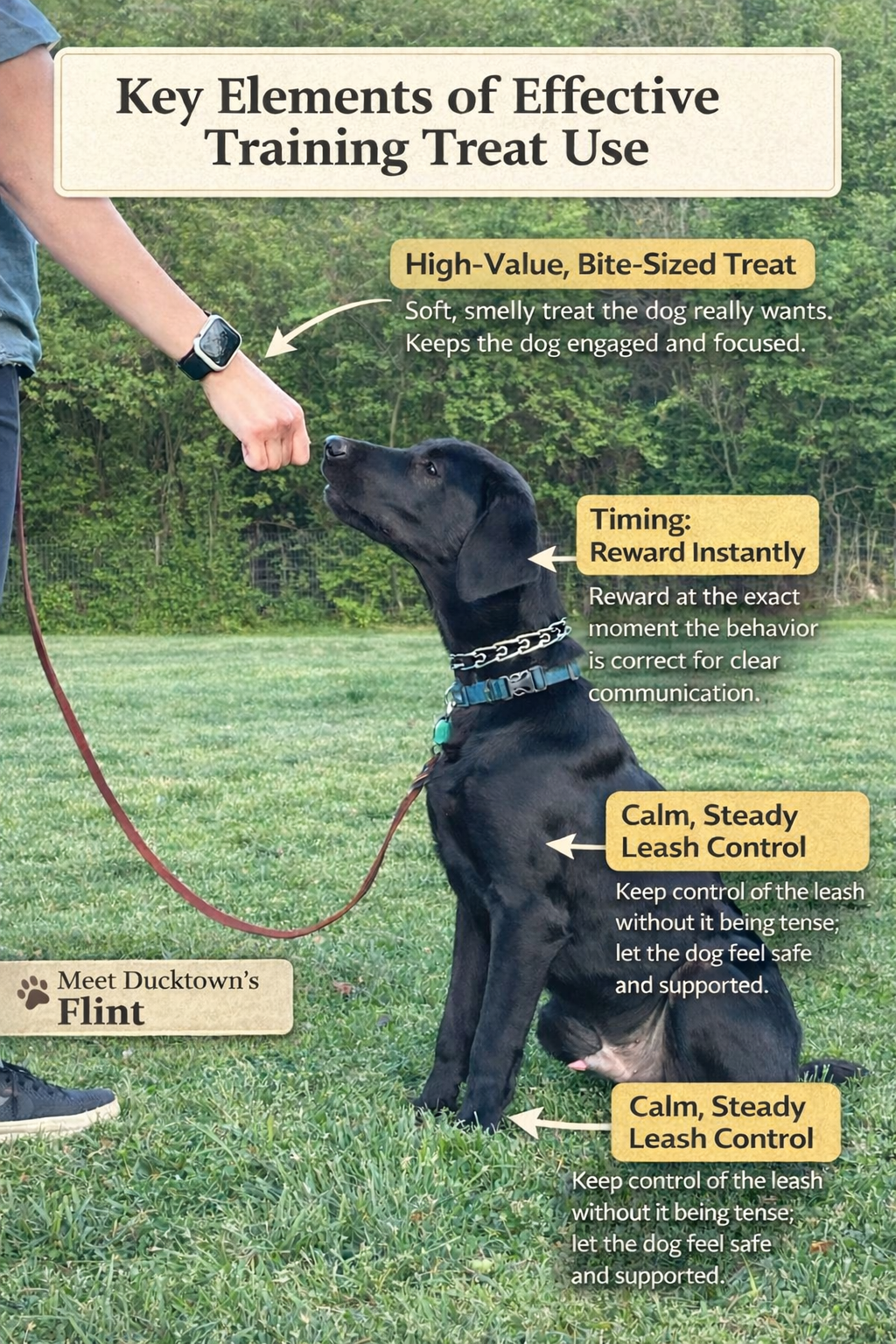Helping Your Dog Feel Safe When You’re Apart
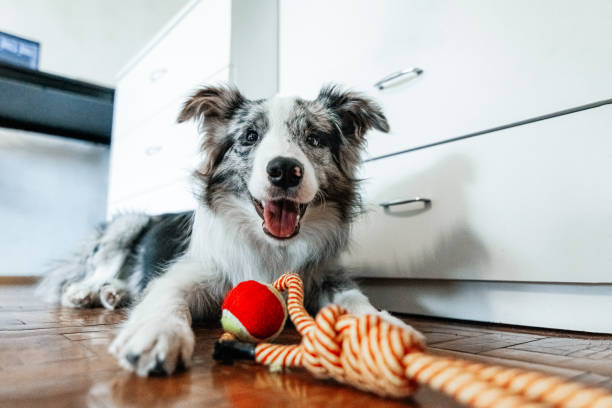
Dog boarding can be stressful. Leaving your dog for boarding can stir up more than just logistics—it stirs emotion. You want your dog to feel safe, loved, and understood, not overwhelmed or confused. The truth is, preparing your dog for boarding isn’t just about packing food and bedding. It’s about helping them transition emotionally, so they can settle in peace and return home even better than when they left.
A calm transition starts long before drop-off.
Practice short separations, bring familiar items, and choose a facility that feels grounded and personal. The key is consistency and calm—your dog will take cues from you. When you’re steady, they will be too.
Why Preparation Builds Peace for Both of You
At Ducktown Lodge, we see this every day. Dogs who arrive uncertain often relax within hours because the environment is calm, the caregivers are consistent, and the routines are gentle. This guide walks you through simple, heartfelt ways to prepare your dog for boarding—so that when you drive away, you’ll both feel at ease.
Why Boarding Feels Like a Big Deal — for Both of You
Leaving your dog behind can feel like handing over a piece of your heart. Even if you trust the people you’re leaving them with, it’s hard not to wonder: Will they be scared? Will they eat? Will they feel lonely? Those feelings are normal. In fact, they’re a sign of how deeply you care.
Dogs feel transitions too. They rely on routine and familiarity, so new environments can trigger uncertainty at first. That’s why the energy of the place matters so much. In large, noisy kennels, dogs can become overstimulated and anxious before they ever have a chance to settle. But in a calm, low-volume setting—where voices stay soft, routines are predictable, and caregivers are familiar—dogs begin to relax quickly.
At Ducktown Lodge, we’ve seen countless transformations. One client, a woman who swore she’d never board her dog again after a bad experience elsewhere, cried during her first visit—not out of fear, but relief. She told us, “It’s quiet here. I can actually feel the peace.” When she picked up her dog after the first stay, she said something that stayed with us: “He looked happier when I picked him up than when I dropped him off.”
That’s what boarding should feel like—for both of you. A place where worry fades and trust grows, one calm moment at a time.
Helping Your Dog Feel Safe Starts at Home
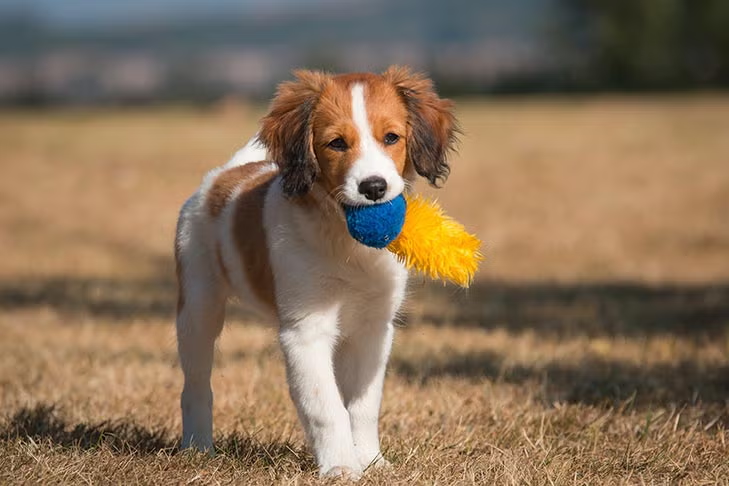
Small, Steady Steps Toward Confidence
Preparing your dog for boarding begins long before you load the car. The goal is to help them feel secure in small ways now, so the transition later feels natural instead of abrupt.
Start by practicing short separations. Step out for brief errands or spend a little time in another room. This teaches your dog that you always come back—and that alone time isn’t scary. Gradually increase the time away so it feels like part of normal life.
If your dog uses a crate, reinforce it as a safe place, not a signal that you’re leaving. Add a soft blanket or toy, and occasionally close the door while you’re home to show them it’s a calm retreat, not confinement.
Familiar routines matter, too. Keep feeding times, walks, and bedtime consistent leading up to their stay. Predictability builds trust. And when you pack for boarding, bring items that carry the scent of home. Dogs experience the world through smell, so a worn shirt or familiar blanket can be like a hug from you when they need comfort.
Finally, remember that your energy sets the tone. Dogs mirror how we feel. If you’re anxious, they’ll sense it. But if you move through the process with quiet confidence, they’ll feel safe following your lead.
A calm transition always begins with you—and it’s one of the simplest, most powerful ways to help your dog feel ready for boarding.
Visit the Lodge Before You Book
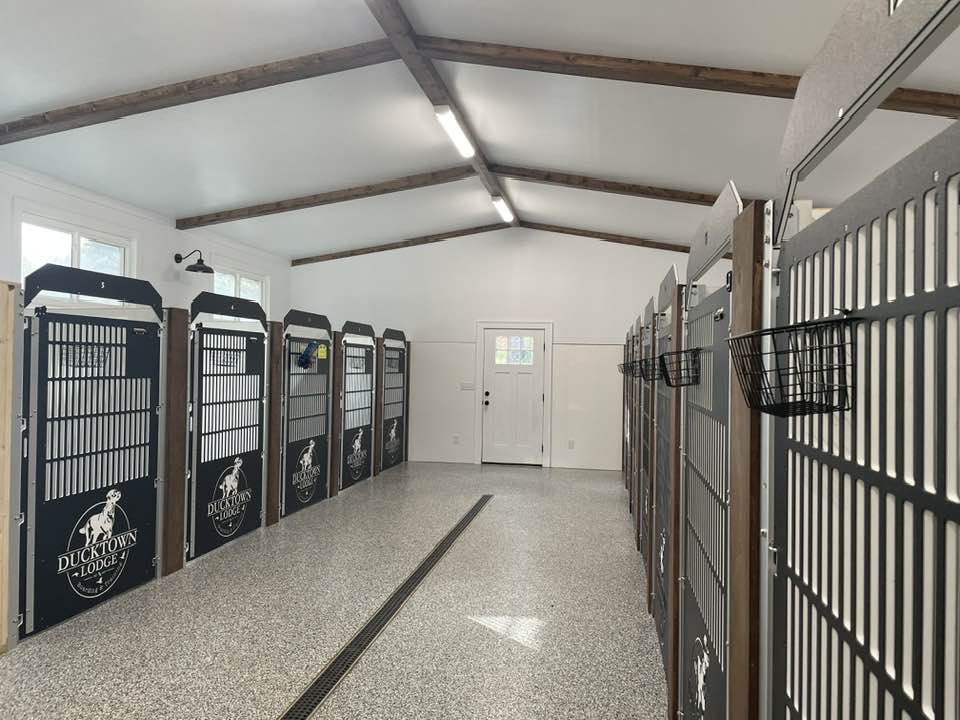
A calm transition begins with trust—and trust starts before you ever drop off your dog. Visiting the lodge in person gives both you and your dog a chance to feel the energy of the space. You’ll know within minutes whether it feels right.
At Ducktown Lodge, we require a meet-and-greet before any boarding stay. It’s not just a policy—it’s part of our philosophy. We believe your dog deserves a chance to explore, sniff, and get familiar before being left for the first time. It also gives you time to ask questions, see the environment, and feel confident about the people caring for your dog.
During your visit, pay attention to the details that matter most:
- Cleanliness and calm. The space should look and smell clean, without chaos or constant barking.
- Tone of care. Notice how caregivers move and speak—are they gentle, patient, and steady?
- Consistency. Ask who will be caring for your dog daily. At Ducktown, it’s always the same two people—Lucinda and her husband. No handoffs, no surprises.
- Environment. Look for private spaces, quiet routines, and safe outdoor transitions where dogs aren’t constantly crossing paths.
You’ll often feel the difference before you can even name it. One client described it perfectly after her first walk-through: “It just felt like a place my dog could breathe.”
When you take the time to visit before booking, you’re not just preparing your dog—you’re preparing your own peace of mind. Because when you know they’re in steady, caring hands, it’s easier to let go and trust the process.
Packing With Comfort in Mind
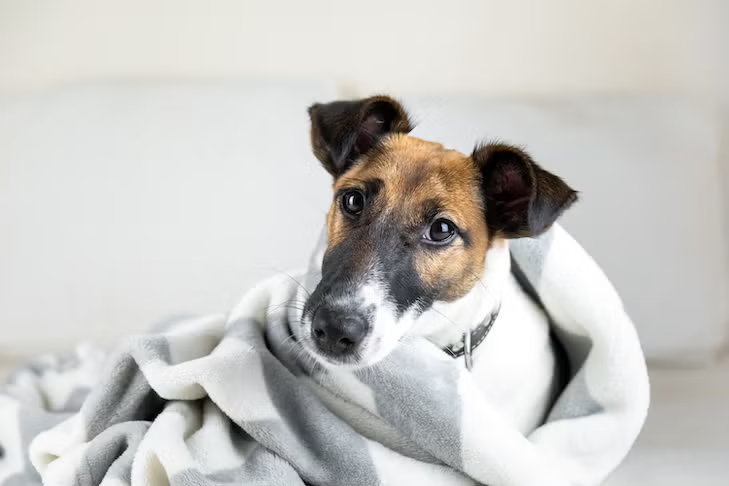
What Feels Like “Home” to Your Dog
Packing for your dog’s boarding stay isn’t just about the basics—it’s about bringing a little piece of home with them. Familiarity helps your dog settle faster, and the right items make all the difference between nervous pacing and peaceful rest.
Start with the essentials your dog knows best. Bring familiar scents—their bed, a blanket, or even one of your T-shirts. These items remind them of safety and connection, offering comfort during quiet moments.
Keep their food consistent. Sudden changes in diet can cause stress or stomach upset. Pack meals in airtight containers or pre-portion them by serving if you prefer. Label everything clearly so caregivers can follow your dog’s routine without guessing.
If your dog takes medication or supplements, include detailed instructions. At Ducktown Lodge, we handle medication at no extra charge, but clear notes help us stay perfectly in sync with what your dog needs.
You can also include a short note or checklist about your dog’s quirks—things like “likes to be covered at night,” “prefers the left bowl,” or “needs a few minutes to warm up before going outside.” These small insights help us care for your dog like you would at home.
And don’t forget: labeling is love. Mark containers, bags, and belongings with your dog’s name to keep everything organized and easy to identify.
When you pack with comfort and clarity, you’re sending your dog a clear message: “You’re safe. You’re cared for. And I’ll be back soon.”
Drop-Off Day: Lead With Calm Energy
The morning you drop off your dog, emotions can run high—for both of you. You might feel a lump in your throat, and your dog might sense something different in the air. This is the moment when your calm energy matters most.
Dogs are emotional mirrors. They read our tone, our movements, even the way we breathe. If you act anxious or make the goodbye dramatic, they’ll feel uncertain. But when you stay relaxed and confident, you send a clear signal: This is safe. You’re okay.
At Ducktown Lodge, we’ve seen hundreds of drop-offs, and the smoothest ones always look the same—short, gentle, and steady. We encourage owners to avoid long, emotional goodbyes. A few kind words, a soft pat, and a calm handoff help your dog transition more easily.
The environment itself plays a big role, too. Because Ducktown runs at a low volume, your dog isn’t greeted by a wall of noise or rushing staff. Instead, drop-offs are quiet and personal. We take a few minutes to help your dog explore their suite, settle into the routine, and feel safe before you even leave the property.
One client once told us, “I cried in the car, but he didn’t. He just trotted off with his tail up.” That’s the goal. You handle the emotion so your dog doesn’t have to.
A calm drop-off sets the tone for the entire stay—and it’s the first step toward a peaceful reunion on pickup day.
During the Stay: Trust the Process
Staying Connected the Healthy Way
Once your dog is settled in, it’s natural to wonder how they’re doing. You might picture them curled up in their suite or playing outside and think, Are they okay? Do they miss me? That curiosity comes from love—but so does trust.
At Ducktown Lodge, we help bridge that gap with daily videos and updates. You’ll see your dog outside on walks, relaxing in their suite, or just enjoying the day. It’s not about flashy social posts or curated moments—it’s about quiet reassurance. You’ll know they’re safe and steady because you can see it.
Still, the best gift you can give your dog during their stay is space to adjust. Over-checking or sudden visits can stir up confusion, especially if your dog is starting to settle into new routines. Letting them experience consistent care and rhythm without interruption helps them build confidence and security.
Remember: progress doesn’t always look dramatic. Sometimes it’s a slower wag, a soft sigh, or the way they eat dinner calmly after the second night. Those small moments mean your dog feels safe.
As one longtime client said, “After the second update, I stopped worrying. I could just see in her eyes—she was okay.”
Trust the process. Trust the care. And trust that your dog is learning something important: how to feel safe in a new space, surrounded by calm hands that care as much as you do.
Coming Home: The Aftercare of Boarding
Keep the Calm Going at Home
That first reunion moment—seeing your dog’s tail wag, hearing that excited whine—is pure joy. But even in their excitement, your dog might need a little time to readjust to home life. Boarding, even in the calmest environment, brings new rhythms and routines. A peaceful transition home helps your dog settle back into their familiar space with ease.
Start by keeping things simple. Give your dog time to decompress before visitors, car rides, or big outings. They’ve had structure and calm at Ducktown Lodge, so easing them back into their normal pace helps them feel grounded.
Stick to steady routines. Feed them at their usual times, offer familiar walks, and encourage rest. If they sleep more than usual or seem quieter, that’s okay—it’s their way of recalibrating after days filled with new sounds, scents, and experiences.
Celebrate small signs of growth. Many owners tell us their dog comes home more balanced, patient, or confident than before. Maybe they walk with a little more ease on the leash, or they rest calmly instead of pacing. Those are signs that structure, consistency, and emotional safety worked exactly as they should.
If your dog completed a board-and-train program, this is also the time to follow through. Keep practicing what they learned with short, positive sessions and clear boundaries. The goal isn’t perfection—it’s partnership.
Your homecoming should feel just like your drop-off: calm, loving, and steady. Because the best kind of care doesn’t end at the gate—it keeps shaping both of you long after you’re home.
Making Boarding a Positive Routine
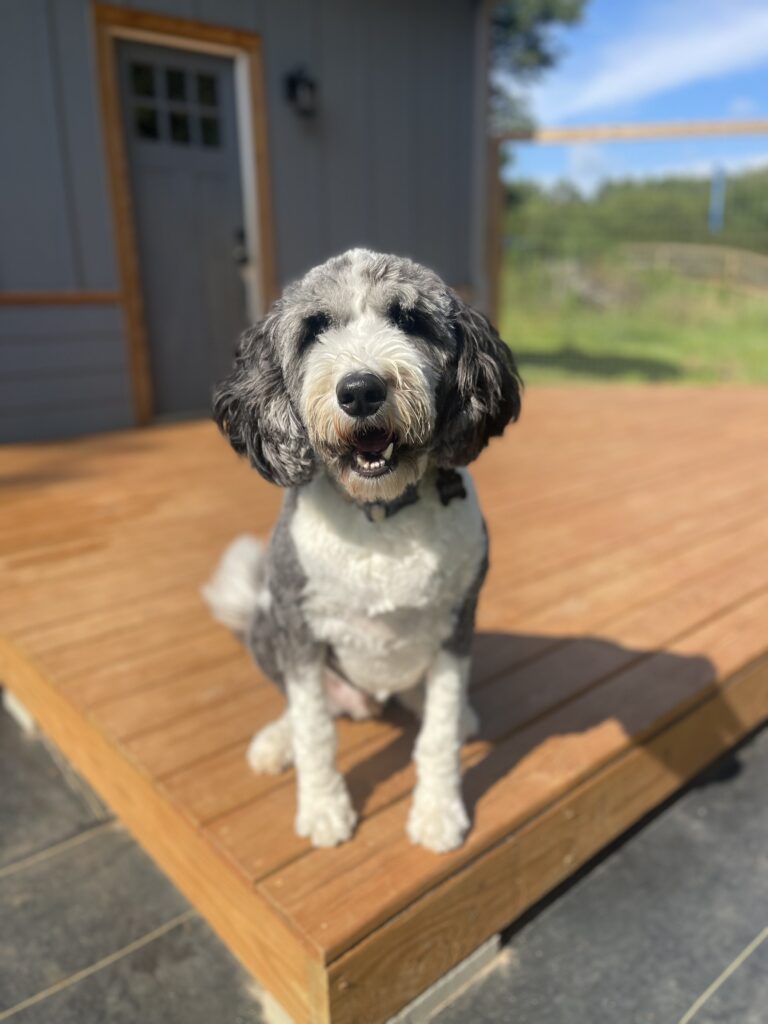
Once your dog has had a calm, positive experience with boarding, you’ve laid the foundation for something powerful: trust. The next time they come back, it won’t feel unfamiliar—it will feel like returning to a second home.
Many owners notice that after one or two visits, their dog starts recognizing the drive, perking up when they pull into the gravel drive or wagging their tail as they walk toward the lodge. That’s when you know boarding has shifted from “separation” to “comfort.”
Consistency builds confidence. When your dog is cared for in the same place, by the same people, with the same routines, it reinforces safety. They know what to expect. They trust the hands that feed them, the voices that guide them, and the calm energy that surrounds them.
Even if you’re not traveling often, scheduling an occasional overnight stay can keep that familiarity strong. A short weekend visit every few months helps your dog remember the rhythm and continue associating boarding with stability—not stress.
At Ducktown Lodge, we see dogs who started as shy visitors grow into relaxed regulars. Some even pull their owners toward the door, tails wagging, ready for their stay. It’s a clear sign they understand what this place means: rest, routine, and real care.
Boarding doesn’t have to be a stressful chapter in your dog’s story—it can become one of the most reassuring parts. With consistency and care, your dog learns that goodbyes are temporary, but trust lasts.
You’re Not Asking for Too Much — You’re Asking for the Right Kind of Care
Leaving your dog in someone else’s hands can bring up guilt, worry, and second-guessing. You might catch yourself wondering if you’re being too particular about where they stay or too emotional about the process. But here’s the truth: you’re not asking for too much—you’re asking for what every caring owner deserves.
You want your dog to be understood, not just watched. You want real communication, not vague updates. You want to know that the person caring for your dog sees them the same way you do—as a family member with feelings, routines, and needs that matter.
That’s exactly why Ducktown Lodge exists. We built this place for people who think like you—for owners who believe peace of mind is part of good care. Every suite, every routine, every quiet morning cleaning the lodge before sunrise exists for one reason: to make sure you never have to wonder if your dog is truly okay.
When you choose a calm, relationship-based facility, you’re not being cautious—you’re being wise. You’re choosing presence over performance, connection over convenience. And your dog feels that difference in every interaction, every walk, and every soft word they hear.
You’re not just preparing your dog for boarding—you’re preparing both of you for peace.
Let’s Talk About Your Dog’s Next Stay
Leaving your dog shouldn’t feel like a gamble. It should feel like handing them to someone who already understands what they need—routine, kindness, and a steady hand they can trust.
At Ducktown Lodge, that’s exactly what we provide. Every dog is cared for by the same two people, every day. No rotating staff, no chaos, no guesswork. Just calm care, clear communication, and the comfort of knowing that when you drive away, your dog is safe, seen, and genuinely cared for.
Whether it’s your first time boarding or you’re just looking for something that finally feels right, we invite you to start with a conversation—not a contract. Come walk through the space, meet us in person, and see what calm care really looks like.
Your dog deserves a place that feels like home—and you deserve to breathe easy knowing they’re in good hands.
👉 Let’s talk about your dog.
Reach out when you’re ready. We’ll be here. hello@ducktownlodge.com
